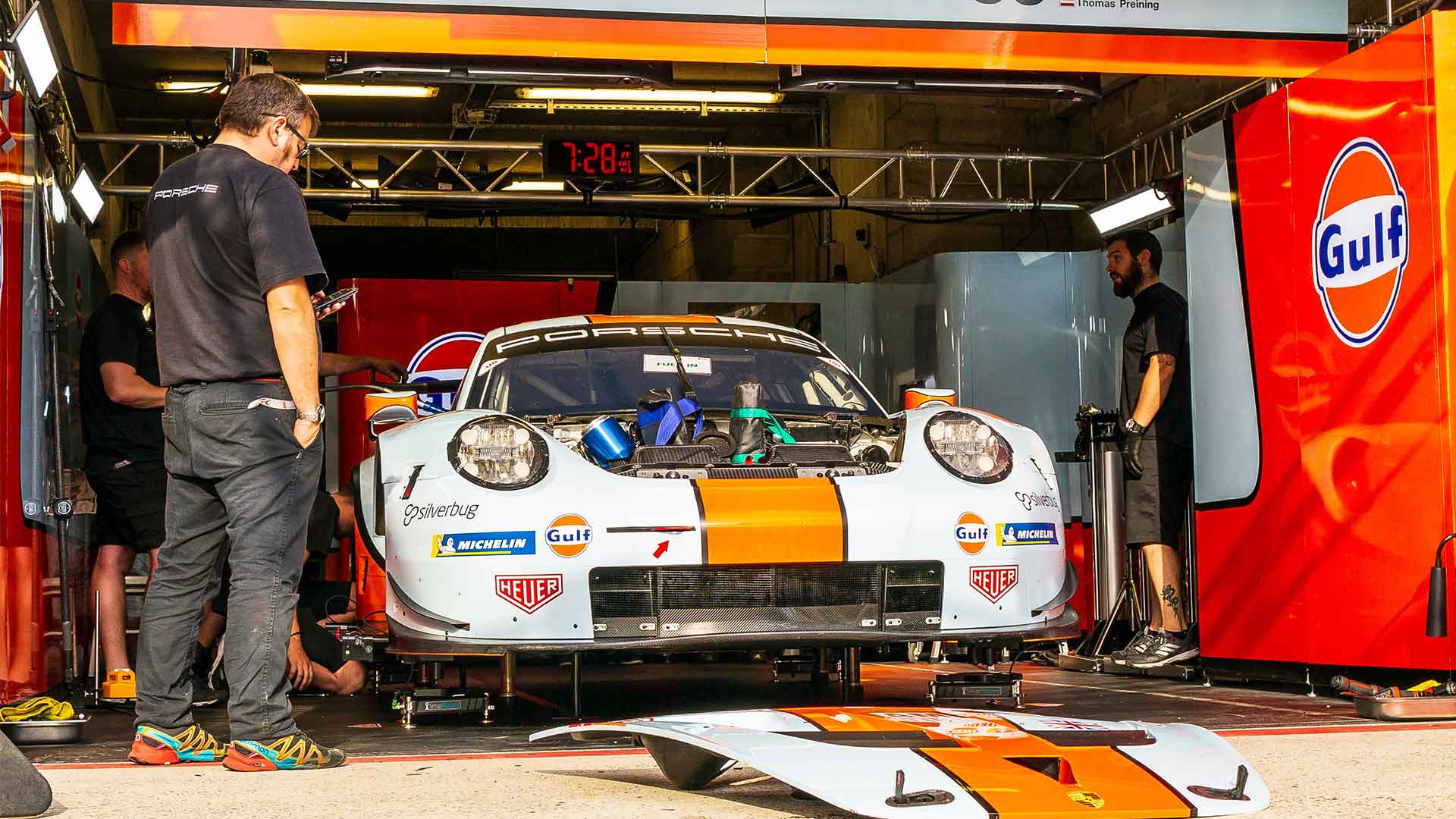



The Graph Network is a decentralized protocol designed for indexing and querying data from blockchains, beginning with Ethereum. As the backbone of many decentralized applications (dApps), the Graph Network enables efficient data retrieval, which is essential for building advanced applications in the decentralized finance (DeFi) and Web3 ecosystems. By providing a reliable way to access blockchain data, the Graph Network plays a pivotal role in the expansion and usability of blockchain technology.
At the heart of the Graph Network are subgraphs, which are open APIs that define how to index blockchain data. Developers create subgraphs to specify which data from the blockchain should be indexed and how it should be stored and queried. These subgraphs make it possible for applications to access the data they need without dealing with the complexities of querying the blockchain directly.
The Graph Network operates through the collaboration of indexers, curators, and delegators:
The native token of the Graph Network is the Graph Token (GRT), an ERC-20 token that plays a crucial role in the network's economy. GRT is used to incentivize participants and ensure the security and efficiency of the Graph Network. Indexers stake GRT to participate in the network and are penalized for malicious actions, which helps maintain the integrity of the system. Curators and delegators also use GRT to interact with the network and earn rewards.
The Graph Network significantly improves the efficiency of data retrieval from blockchains. Instead of each application indexing data independently, the Graph Network provides a shared indexing service, reducing redundancy and improving performance. This scalability is essential for supporting the growing number of dApps in the ecosystem.
By leveraging a decentralized network of nodes, the Graph Network ensures that data indexing and querying are resistant to single points of failure. The use of economic incentives and staking via GRT contributes to the security and reliability of the network.
The Graph Network facilitates interoperability between different dApps by providing a standardized way to access blockchain data. This interoperability is crucial for the development of complex applications that rely on data from multiple sources.
The Graph Network has become an integral part of the DeFi and Web3 landscape. Many prominent projects rely on the Graph Network to power their applications, including decentralized exchanges, lending platforms, and NFT marketplaces. By providing a reliable and efficient way to access on-chain data, the Graph Network enables these applications to offer real-time services to users.
Developers can create subgraphs to specify the data their applications need. By defining the data sources, schemas, and mappings, developers can tailor the subgraph to their application's requirements. Once deployed, these subgraphs are indexed by the Graph Network and can be queried using GraphQL.
GraphQL is a query language that enables clients to request exactly the data they need. The Graph Network uses GraphQL to allow applications to interact with the indexed data in an efficient manner. This flexibility in querying contributes to the Graph Network's usability and popularity among developers.
The economic model of the Graph Network is designed to incentivize participants to act in the network's best interest. Indexers, curators, and delegators are all rewarded for their contributions through query fees and indexing rewards. The use of GRT as a staking and reward mechanism aligns the incentives of all participants, promoting a healthy and robust network.
Security is paramount in the Graph Network. Indexers are required to stake GRT, which can be slashed if they act maliciously. This staking mechanism deters bad actors and ensures that indexers provide accurate and reliable services. Additionally, the decentralized nature of the Graph Network prevents single points of failure, enhancing overall security.
The Graph Network is designed to scale with the growth of blockchain data and the number of dApps. Its decentralized architecture allows it to handle increased demand by incentivizing more indexers to join the network. As more participants contribute resources, the Graph Network can maintain performance and reliability even as the ecosystem expands.
While the Graph Network started with Ethereum, it has plans to support multiple blockchains. By becoming blockchain-agnostic, the Graph Network aims to serve as a universal indexing and querying protocol for the decentralized web. This expansion will further solidify the Graph Network's position as a critical infrastructure component in the blockchain space.
The Graph Network has a vibrant community of developers, indexers, curators, and delegators. Community involvement is encouraged through forums, social media, and governance proposals. Holders of GRT can participate in the decision-making process, influencing the future direction of the Graph Network.
Developers can contribute by building subgraphs or integrating the Graph Network into their applications. By doing so, they help expand the network's utility and drive adoption across the ecosystem.
Technical individuals or entities can become indexers by running Graph Network nodes and staking GRT. Indexers play a crucial role in maintaining the network's performance and reliability.
Curators can signal on subgraphs they believe are valuable, guiding indexers on what data to index. Their role helps ensure that the most important and useful data is readily available in the Graph Network.
Individuals who wish to support the network without running a node can become delegators. By delegating GRT to trusted indexers, they contribute to network security and earn a portion of the rewards.
The Graph Network has an ambitious roadmap that includes several key developments:
The Graph Network represents a significant advancement in how blockchain data is accessed and utilized. By providing a decentralized and efficient way to index and query data, the Graph Network removes one of the major obstacles in blockchain application development. Its importance cannot be overstated, as it enables greater innovation and adoption of decentralized technologies.
Like any complex system, the Graph Network faces challenges, such as:
Ensuring that indexed data is accurate and up-to-date is vital. The Graph Network addresses this through economic incentives and the decentralized nature of indexers and curators.
Protecting against malicious actors is essential. Staking mechanisms and potential slashing of GRT for malicious behavior help secure the Graph Network.
As blockchain data grows, scaling the Graph Network is a continuous effort. Through technological advancements and increased participation, the Graph Network works to maintain performance under increasing loads.
The Graph Network is transforming the way decentralized applications access blockchain data. By offering a decentralized, efficient, and scalable solution for indexing and querying, the Graph Network empowers developers and enriches the entire ecosystem. Its innovative approach addresses critical challenges in blockchain technology, paving the way for widespread adoption and integration of decentralized applications. As the Graph Network continues to grow and evolve, it stands as a cornerstone of the decentralized web, embodying the principles of openness, collaboration, and innovation.

Tempor erat elitr rebum at clita. Diam dolor diam ipsum sit. Aliqu diam amet diam et eos. Clita erat ipsum et lorem et sit, sed stet lorem sit clita duo justo magna dolore erat amet
Years Experience
Expert Technicians
Satisfied Clients
Compleate Projects

Tempor erat elitr rebum at clita. Diam dolor diam ipsum sit. Aliqu diam amet diam et eos. Clita erat ipsum et lorem et sit, sed stet lorem sit clita duo justo magna dolore erat amet
Quality Servicing
Expert Workers
Modern Equipment
Read More
Tempor erat elitr rebum at clita. Diam dolor diam ipsum sit. Aliqu diam amet diam et eos. Clita erat ipsum et lorem et sit, sed stet lorem sit clita duo justo magna dolore erat amet
Quality Servicing
Expert Workers
Modern Equipment
Read More
Tempor erat elitr rebum at clita. Diam dolor diam ipsum sit. Aliqu diam amet diam et eos. Clita erat ipsum et lorem et sit, sed stet lorem sit clita duo justo magna dolore erat amet
Quality Servicing
Expert Workers
Modern Equipment
Read More
Tempor erat elitr rebum at clita. Diam dolor diam ipsum sit. Aliqu diam amet diam et eos. Clita erat ipsum et lorem et sit, sed stet lorem sit clita duo justo magna dolore erat amet
Quality Servicing
Expert Workers
Modern Equipment
Read MoreEirmod sed tempor lorem ut dolores. Aliquyam sit sadipscing kasd ipsum. Dolor ea et dolore et at sea ea at dolor, justo ipsum duo rebum sea invidunt voluptua. Eos vero eos vero ea et dolore eirmod et. Dolores diam duo invidunt lorem. Elitr ut dolores magna sit. Sea dolore sanctus sed et. Takimata takimata sanctus sed.





Profession
Tempor erat elitr rebum at clita. Diam dolor diam ipsum sit diam amet diam et eos. Clita erat ipsum et lorem et sit.

Profession
Tempor erat elitr rebum at clita. Diam dolor diam ipsum sit diam amet diam et eos. Clita erat ipsum et lorem et sit.

Profession
Tempor erat elitr rebum at clita. Diam dolor diam ipsum sit diam amet diam et eos. Clita erat ipsum et lorem et sit.

Profession
Tempor erat elitr rebum at clita. Diam dolor diam ipsum sit diam amet diam et eos. Clita erat ipsum et lorem et sit.